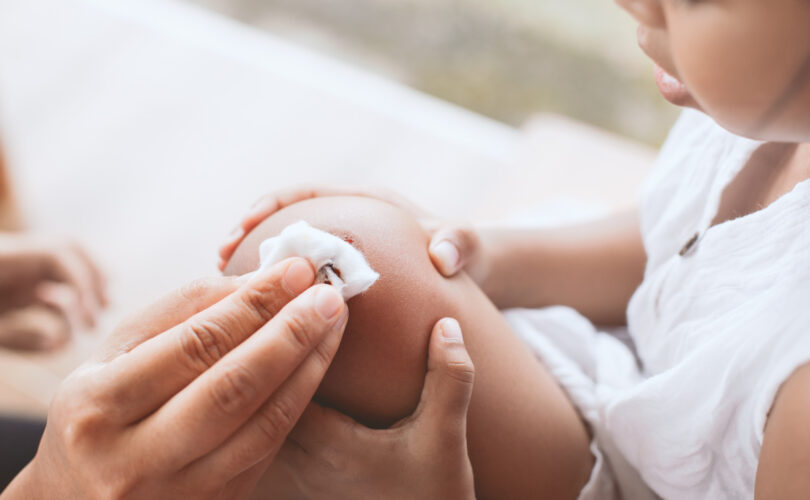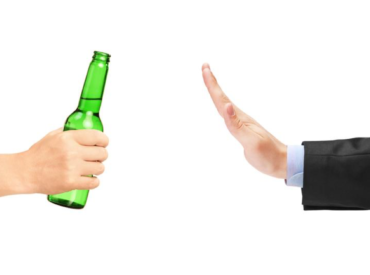First aid is a vital skill that everyone should learn. It is the immediate care given to a person who has been injured or has become ill before professional medical help can be provided. Knowing what to do in an emergency situation can make a significant difference, potentially saving a life or preventing a situation from worsening. Here are three aspects of first aid that everyone should be familiar with.
How to Stop Bleeding
Bleeding is a common response to injury, but when it’s severe, it can be life-threatening. Knowing how to slow or stop bleeding is a crucial first aid skill. Clean the wound if possible, using mild soap and water. Apply a clean cloth or bandage to the wound and apply pressure. If the bleeding doesn’t stop or the wound is large or deep, seek immediate medical attention. Remember to wear gloves if they’re available to protect both you and the injured person from potential infection.
How to Treat Bites
Insects, spiders, and animals can all cause bites that may require first aid. Some bites can lead to serious illnesses or allergies. For minor bites, clean the area with soap and water and apply a cold compress to reduce swelling. Over-the-counter creams can help with itching.
However, not all creatures are harmless. Black widow spiders are some of the most common dangerous spiders found in homes. Their bites can cause severe pain, muscle cramps, and other symptoms. If you suspect a black widow or another venomous spider has bitten someone, seek medical help immediately. The same goes for animal bites, especially from wild or unfamiliar animals. These bites can cause severe injury and pose a risk of rabies. Clean the wound, apply a bandage, and get medical help right away.
Performing CPR
Cardiopulmonary resuscitation (CPR) can be a life-saving technique in situations such as drowning, suffocation, or cardiac arrest. CPR involves chest compressions and rescue breaths to help circulate oxygenated blood to the brain and other vital organs when the heart has stopped. The American Heart Association recommends a ratio of 30 chest compressions to 2 rescue breaths for adults. For children and infants, the technique varies slightly. It’s recommended to take a certified CPR course to learn the proper techniques.
First aid is a valuable skill set that everyone should possess. It enables you to act promptly and correctly in emergency situations, potentially saving a life or preventing further harm. However, first aid is not a replacement for professional medical care. Always call for professional help in emergencies after administering first aid. As with any skill, regular training and refreshers are important to maintain your ability to provide first aid effectively.
Did you enjoy reading this article? Here’s more to read: How to Live a More Fulfilling Life as You Get Older







